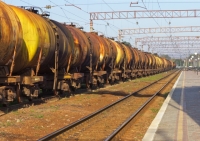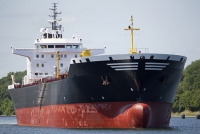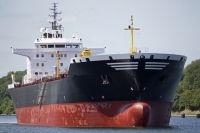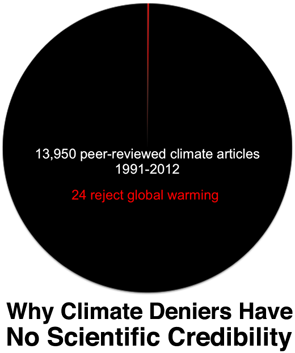While many states around the U.S. have released information to the public about the frequency and routes of trains carrying oil obtained from hydraulic fracturing (“fracking”) in North Dakota’s Bakken Shale basin, holdouts still remain.
Why the delay? Homeland security concerns, claim some companies.
In an ongoing Maryland court case over the issue of transparency for in-state oil-by-rail routes, a July 23 affidavit from Carl E. Carbaugh — director of infrastructure security for Norfolk Southern — goes into extensive detail about the supposed risk presented by terrorism attacks on “Bomb Trains.”
In so doing, Carbaugh mentions Al-Qaeda.
“The most recent edition of Inspire magazine, March 2014, the online, English-language propaganda publication of [Al-Qaeda in the Arabian Peninsula], presents a full-page collage depicting varied images…in order to construct an explosive device,” reads Carbaugh’s affidavit.
“Among these images are a derailed passenger train and a partly covered note paper listing cities in the [U.S.] as well as the terms ‘Dakota’ and ‘Train crude oil.’”
Carbaugh also cited Osama bin Laden, the late Al-Qaeda international ring-leader, in his affidavit.
“Among the materials seized in the May 1, 2011, raid on Osama bin Laden’s compound in Abbottabad, Pakistan, were notes indicating interest in ‘tipping’ or ‘toppling’ trains — that is causing their derailment,” Carbaugh wrote.

Osama Bin Laden Compound Diagram; Image Credit: Wikimedia Commons


























